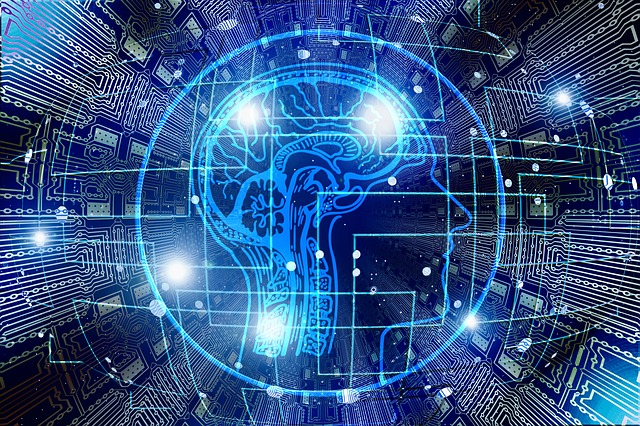Business enterprises thriving in a complex world of uncertainty show bold disruption and continuous innovation through resilience and reinvention. The rapid pace of technology challenges enterprises in decisions about products, services, systems, development approaches and what steps to take to stay current. Organisations that will survive will be those who embrace change and have the willingness and enthusiasm to adapt.
These companies are the ones seeking new skills, learning new trades and acquiring new knowledge about the latest technologies. These organisations are providing adaptable and actionable learning plans with a visual timeline of priorities and tasks. Learning is accessible to all employees, with engaging and responsive mobile design for convenient use on-the-go or from remote locations, whether online or offline.
Digital transformation affects an organisation’s ability to attract top talent and drive employee engagement. After all, top digital talent is attracted to where they can experience a sense of fulfilment from the work.
In an era of exponential change, traditional organisational structure will not be very effective. The need is to have adaptive structures. Moreover, technology is changing so rapidly, that adaptability has to keep pace with technology.
Disruption isn’t new, but the speed, complexity and global nature of disruption is at a scale we’ve never seen before. Digitisation is also expanding the competitive marketplace to a global level, where even small businesses and employees compete digitally across borders.
The prediction of employee success is focused on the adaptability quotient (AQ). Fast Company believes its ‘adaptability quotient’ (AQ) will become the primary predictor of success, with general intelligence (IQ) and emotional intelligence (EQ) both being less important. Why? The average life of business competency has dropped from 30 years to five and is reducing still.
Only 60 companies remain on the Fortune 500 since 1966. In 1965, the average tenure of companies on the S&P 500 was 33 years. By 1990, it was 20 years. It’s expected to shrink to 14 years by 2026. About 50 per cent of the S&P 500 will be replaced over the next 10 years.
Also, we don’t really know what the new roles are going to be. A report by the McKinsey Global Institute found that technology can eliminate large swaths of the US workforce in the coming decade. It noted that by 2030, up to 14 per cent of the global workforce (375 million workers) may need to switch occupations or digitally adapt as their occupations evolve along the increasingly capable machines, says the report.
At the same time, employee skills are becoming outdated faster than ever before. According to the World Economic Forum, 35 per cent of the skills that employees will require to do their jobs—regardless of industry—will have changed by 2020.
An example of digital adaptability is the widespread use of chatbots. Organisations are now considering how chatbots’ unique functionalities can transform communication, internally for enhancing employee engagement or externally with new and returning customers. Chatbots are being increasingly adopted across industries, granting marketers unprecedented, personalised access to consumers. While older generations may opt for minimal input, preferring multiple choice and voice-driven options, younger consumers crave geotargeted recommendations, ongoing dialogue and a sense of immediacy.
Therefore, being able to hire and develop adaptable employees is key for companies to remain relevant.
“Continuous learning lies at the heart of thriving in the context of the Fourth Industrial Revolution,” says the World Economic Forum. “The skills required for most jobs are evolving rapidly, but our adult education and training systems are lagging behind.”
92 per cent of companies are attempting to build a digital culture, yet 86 per cent are uncertain of how to tackle the challenge. How can you develop a digitally-dexterous workforce? Watch this Webinar On Demand to know how you can accelerate transformation through the speed of learning.
By coaching and changing our mindsets, we are creating new workplace cultures that can adapt and thrive despite the speed of technological change around them. The five ‘mindsets’ we believe are necessary to foster in today’s workplaces include:
• A team/collaboration mindset: where the team is the primary organisational unit, as opposed to traditional work hierarchies
• A growth mindset: where the team is accustomed to constant upskilling
• A technology-adaptive mindset: encouraging people to continually work with technology/machines to get the most out of both
• Data-literacy mindset: whereby algorithms and data-driven decision-making becomes routine
• Critical thinking mindset: allowing people to cope as work becomes less routine
There is no blueprint for success, of course, but companies that fail to even make an attempt at transformation will not be in business much longer.
Sources: Fast Company , Fortune 500 , World Economic Forum , S&P 500



